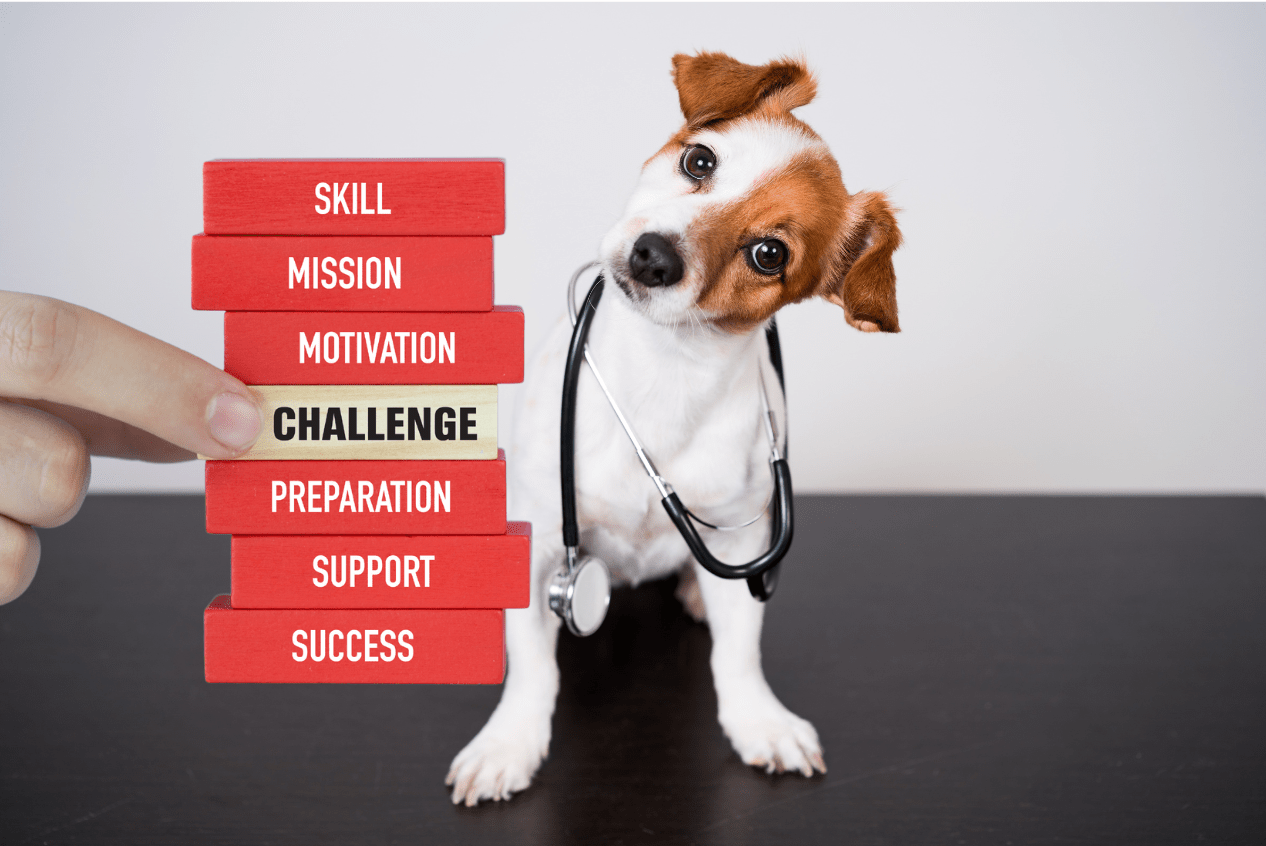The veterinary profession is an integral part of animal care, responsible for diagnosing, treating, and preventing illnesses and injuries in animals. It is a noble profession that plays a vital role in ensuring the health and well-being of domesticated and wild animals. However, like many other professions, the veterinary profession faces several challenges in 2023. These challenges must be addressed to ensure the profession’s continued success and animal welfare.
Increasing Demand for Veterinary Services
One of the most significant challenges facing the veterinary profession is the increasing demand for veterinary services. Pet owners are looking for more specialized services to meet the unique needs of their pets, such as dental care, oncology, and dermatology.
While the rise in demand for veterinary services is a positive sign for the profession, it also puts pressure on veterinary practices to meet the growing demand. Veterinary professionals must also stay updated with the latest trends and advancements in animal care in order to provide best treatment.
Shortage of Veterinary Professionals
Another significant challenge facing the veterinary profession is the need for more professionals. The number of veterinary professionals entering the field is decreasing, while the aging population of veterinary professionals is increasing. This shortage has resulted in a decrease in the quality and availability of veterinary services.
The shortage of veterinary professionals has become a significant concern for the veterinary profession. It is crucial to address this challenge to ensure enough veterinary professionals provide adequate care to animals.
Financial Challenges
The financial challenges facing the veterinary profession are also a significant concern. The cost of education and student debt for veterinary professionals is increasing, leading to a decrease in the number of people entering the profession. The rise of online pharmacies and retailers has also led to increased competition, further impacting the financial stability of veterinary practices.
The high cost of education and student debt is a barriers for many individuals considering a career in veterinary medicine. The low salaries of veterinary professionals make it challenging to pay off their debts and maintain a decent standard of living. It is crucial to find solutions to these financial challenges to ensure the financial stability of the veterinary profession.
Mental Health Challenges
Veterinary professionals face high rates of burnout and stress, resulting in decreased job satisfaction and impacting the quality of care provided. Long hours, a high workload, and dealing with sick or injured animals can take a toll on the mental health of veterinary professionals. The need for better support and resources for veterinary professionals to manage their mental health and well-being is essential.
The mental health of veterinary professionals is crucial for providing quality care to animals. Veterinary practices can offer support programs, such as counseling and mental health services, to help veterinary professionals manage their mental health and well-being.
Technological Advancements
Technological advancements in the veterinary profession provide new opportunities for improved diagnosis and treatment. However, these technologies come at a cost, making investing in them challenging for veterinary practices. Furthermore, ongoing education and training for veterinary professionals are necessary to stay updated on the latest technologies.
Adopting technological advancements in the veterinary profession is necessary to provide the best possible care to animals. However, the cost of investing in these technologies can be a barrier for some veterinary practices. It is crucial to find ways to make these technologies more accessible to veterinary professionals, such as offering financing options or shared resources.
Ethical Challenges
The veterinary profession faces several ethical challenges, including animal welfare, euthanasia, and animal experimentation. Veterinary professionals must balance their patient responsibilities and ethical obligations to animals. The rise of animal welfare organizations and social media has put increased pressure on the veterinary profession to uphold ethical standards.
It is essential to ensure that veterinary professionals are well-informed about ethical issues and equipped with the necessary skills to make ethical decisions. Veterinary practices can also establish ethical committees or seek guidance from external ethical organizations to meet ethical standards.
Final verdict
In conclusion, addressing the key challenges facing the veterinary profession in 2023 is essential for its continued success and the welfare of animals. Measures such as financial incentives, mental health support programs, ongoing education and training, and ethical committees can help to address these challenges and ensure that veterinary professionals can continue to provide the best treatment.
To receive more articles, log in to:



